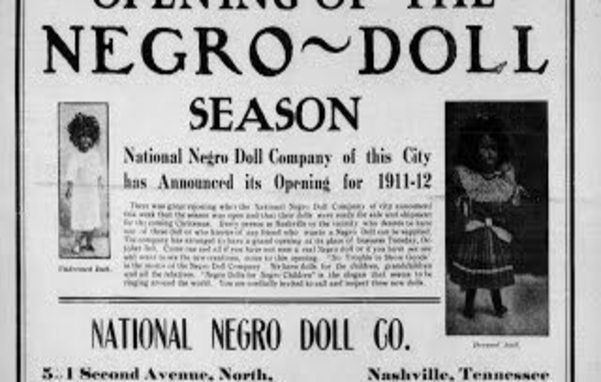The Reverend Dr. Richard Henry Boyd, born enslaved in 1843, became an entrepreneur, banker, businessman, philanthropist, and religious and civic leader.
One of his most notable achievements was the founding of the National Negro Doll Company in 1905. The company was created to provide African American children with dolls that reflected their own image, which was not widely represented in the market at the time.
Boyd and his wife, Nettie, handcrafted each doll with care and attention to detail, ensuring that each one was unique and special. The dolls were made of cloth and stuffed with sawdust, and they featured lifelike hair, realistic clothing, and lifelike facial features. The company also produced accessories such as doll furniture, clothes, and even miniature homes.
The National Negro Doll Company was a huge success, and its dolls were beloved by Black children across the country. Boyd's creation of the company was a testament to his commitment to the African American community and his belief in the importance of representation. The dolls provided children with positive role models and allowed them to see themselves reflected in the toys they played with, helping to boost their self-esteem and pride.
Unfortunately, the National Negro Doll Company faced significant challenges, including competition from larger toy manufacturers and the Great Depression. Despite these obstacles, Boyd remained committed to his cause and continued to produce dolls until his death in 1959.
Today, the legacy of Richard Henry Boyd and the National Negro Doll Company lives on, and the dolls remain a symbol of empowerment and representation for African American children. The company's impact cannot be overstated, as it paved the way for increased representation in the toy industry and inspired future generations of entrepreneurs and innovators.
In conclusion, Richard Henry Boyd and the National Negro Doll Company were trailblazers in the African American community, providing children with positive representation and inspiring a new generation of entrepreneurs. Their legacy continues to inspire and empower Black children and serves as a reminder of the importance of representation and diversity in all aspects of society.

